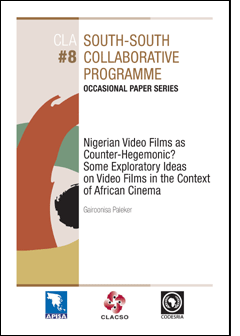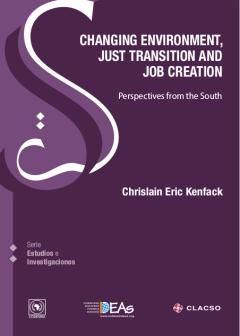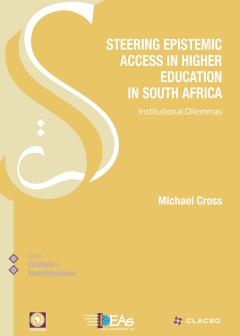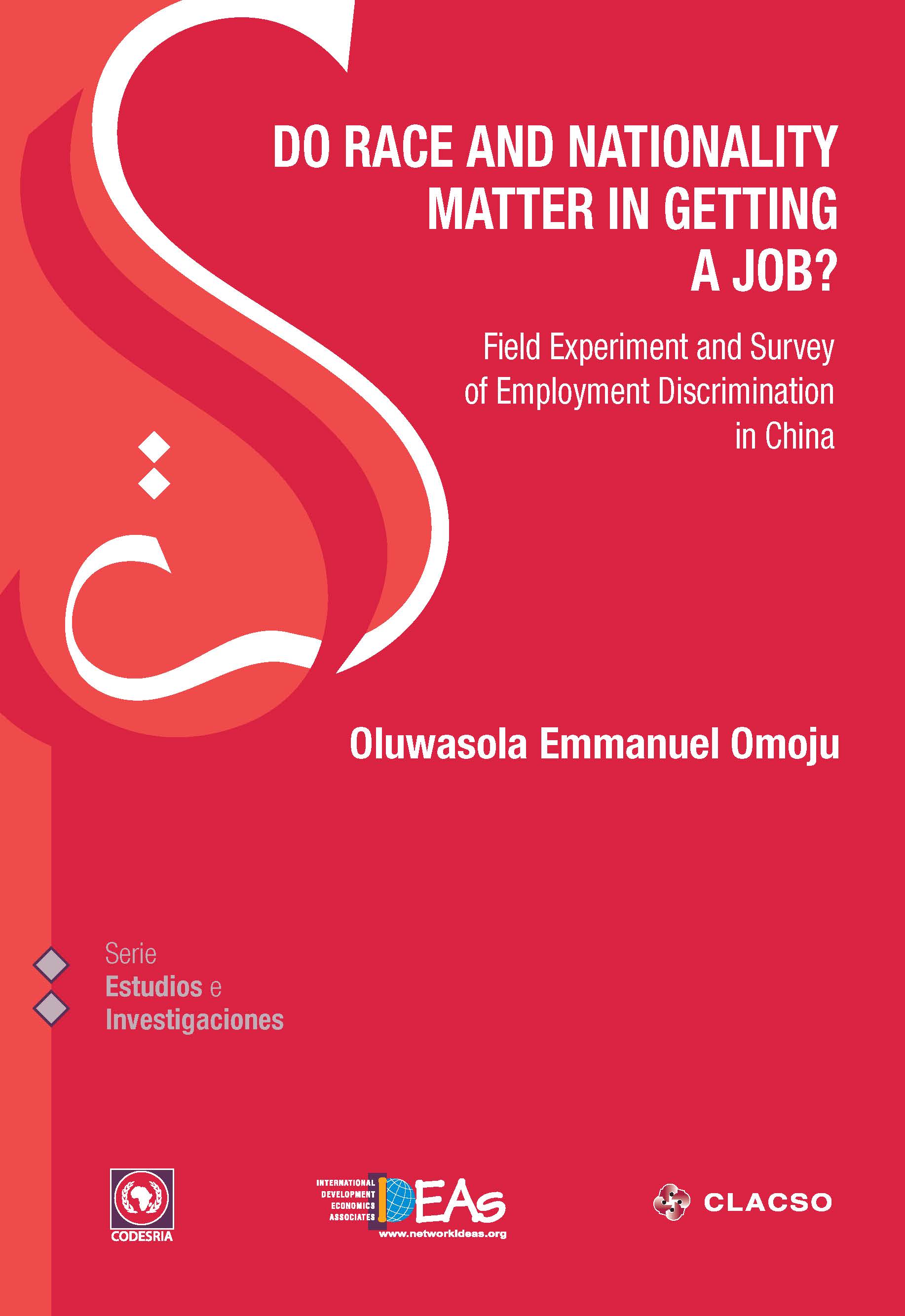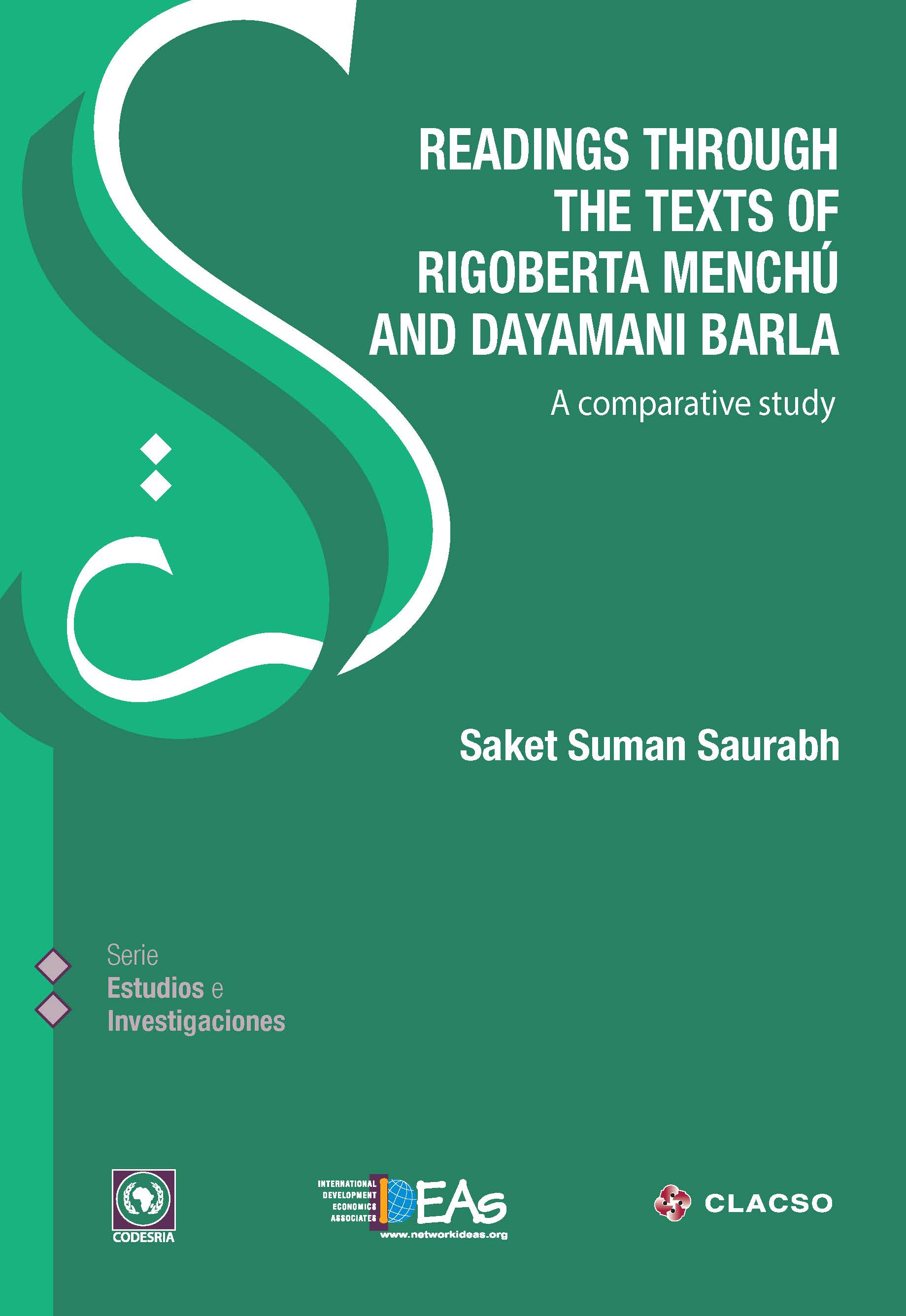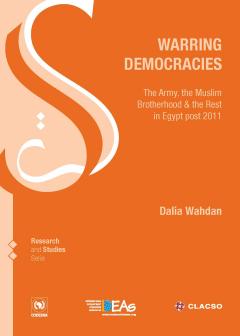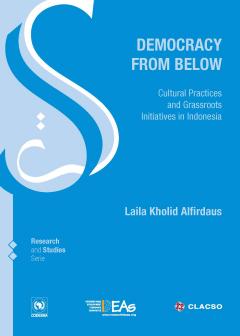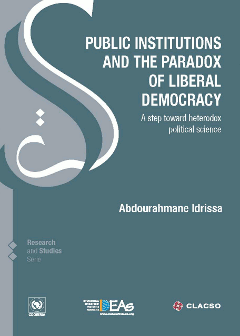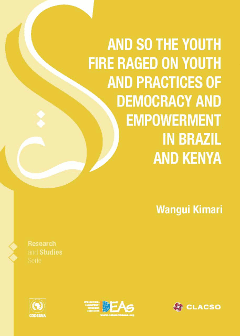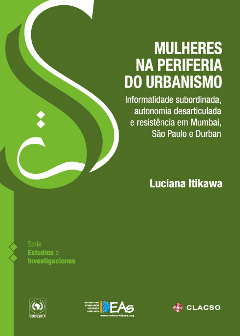- Sur-Sur.
Occasional Paper Series #8
Nigerian Video Films as Counter-Hegemonic ? Some Exploratory Ideas on Video Films in the Context of African Cinema
Compartir:
Nigerian video films, which constitute an industry that has become known as Nollywood, have taken not only Nigeria, but the African continent and the world by storm. Their phenomenal success and reach are remarkable given the context of origin and the poor technical and narrative qualities of the videos. The aim of this paper is not to discuss the reasons for this success, but rather to raise some ideas regarding the counter-hegemonic possibilities of video films as a preliminary for further research and debate. The paucity of scholarly work on Nigerian video films is indicative of the rapid pace at which this industry has grown and continues to expand. The most comprehensive work is a collection of essays ranging in discussion from video antecedents in Yoruba popular theater, culture and art in Hausa video films to ethnicity, class and gender. (Haynes, 2000). Other significant contributions include those by Ukadike (2003), Lawuyi (1997), Adejunmobi (2002) and Larkin (2004). Haynes and Onokome (2000) and Larkin (2004) in particular touch on aspects of the subversive tendencies and potentialities of video films but provide little focused discussion on the precise manner in which video films offer a counter-hegemonic potential. Hegemony as understood in Gramscian terms implies not only dominance (political, economic, cultural) of one social class over another, but importantly also, the potential for struggle and conflict. This potential for struggle is embedded in the idea that hegemony operates on the basis of consent by the dominated class. A characteristic of hegemony is that dominant ideologies are packaged as being natural or ‘common sense’ and therefore unquestionably right. The result of this is consensus and consent. But this consent has to be negotiated at all times because disparities in conditions of material existence between the dominant and dominated classes are too transparent for long term silence and acquiescence, hence the need to negotiate consent. This paper suggests some ideas about the counter-hegemonic potential of Nigerian video films. In suggesting this counter-hegemonic potential, the paper is not only arguing for a local context but also for a more global context in which cinematic production and consumption is determined by the monopolistic cinemas of both the West and East.
Detalle
- ISBN:978-987-1183-88-3
- Editorial/es:CLACSO. CODESRIA. APISA.
- Ciudad de edición:Buenos Aires.
- Fecha de publicación:Enero de 2008

